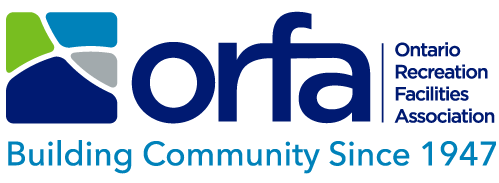- ORFA Home
- Basic Arena Refrigeration (OLSS)
Upcoming events
- ORFA COVID-19 Webinar Series
The Recreation Facility Profession |
© Ontario Recreation Facilities Association Inc. Privacy Policy
|
Powered by Wild Apricot Membership Software
The Recreation Facility Profession |
© Ontario Recreation Facilities Association Inc. Privacy Policy
|
